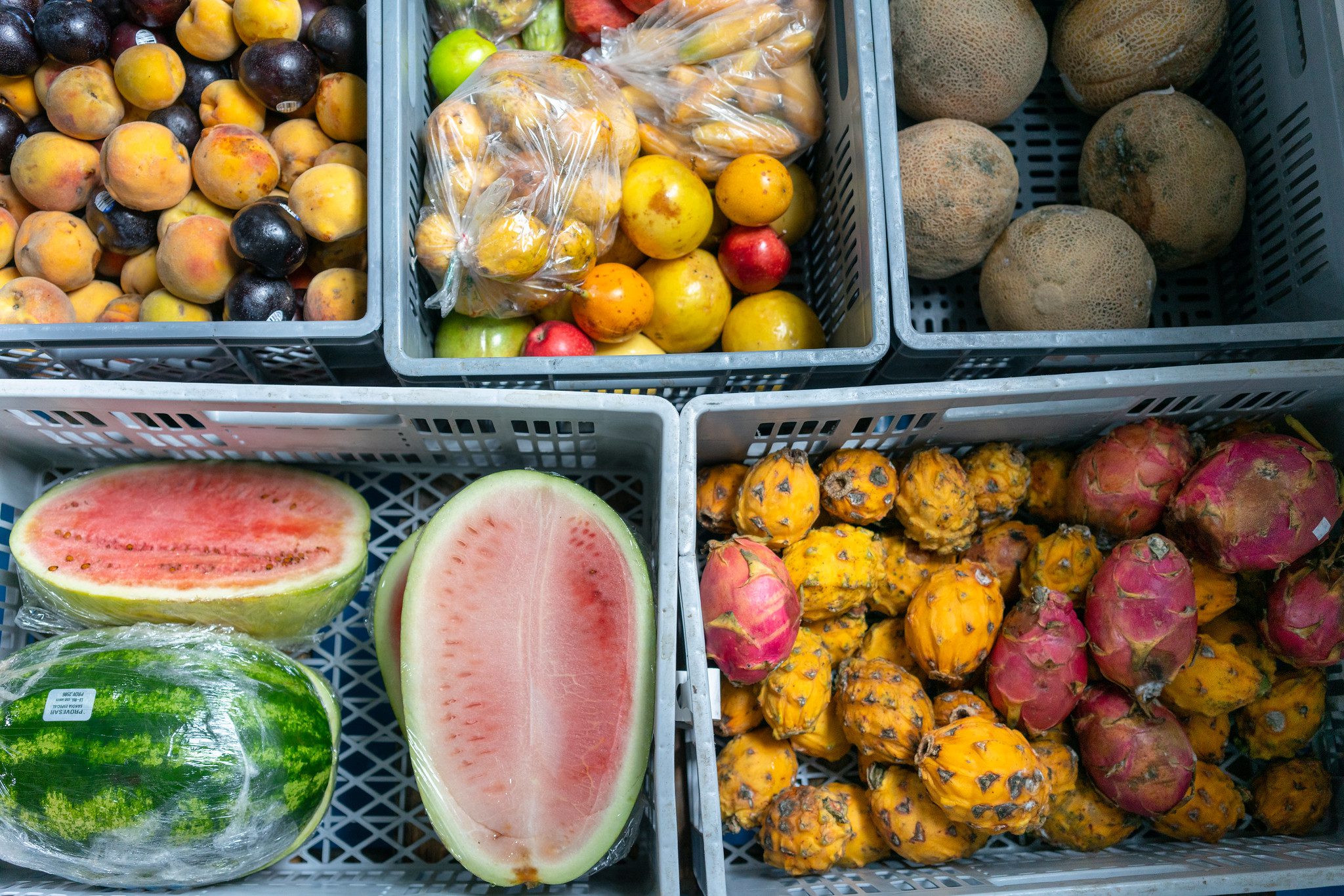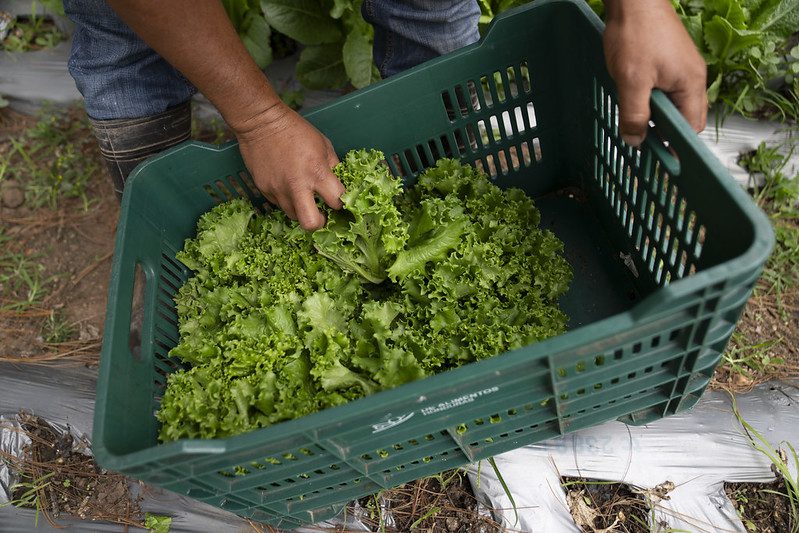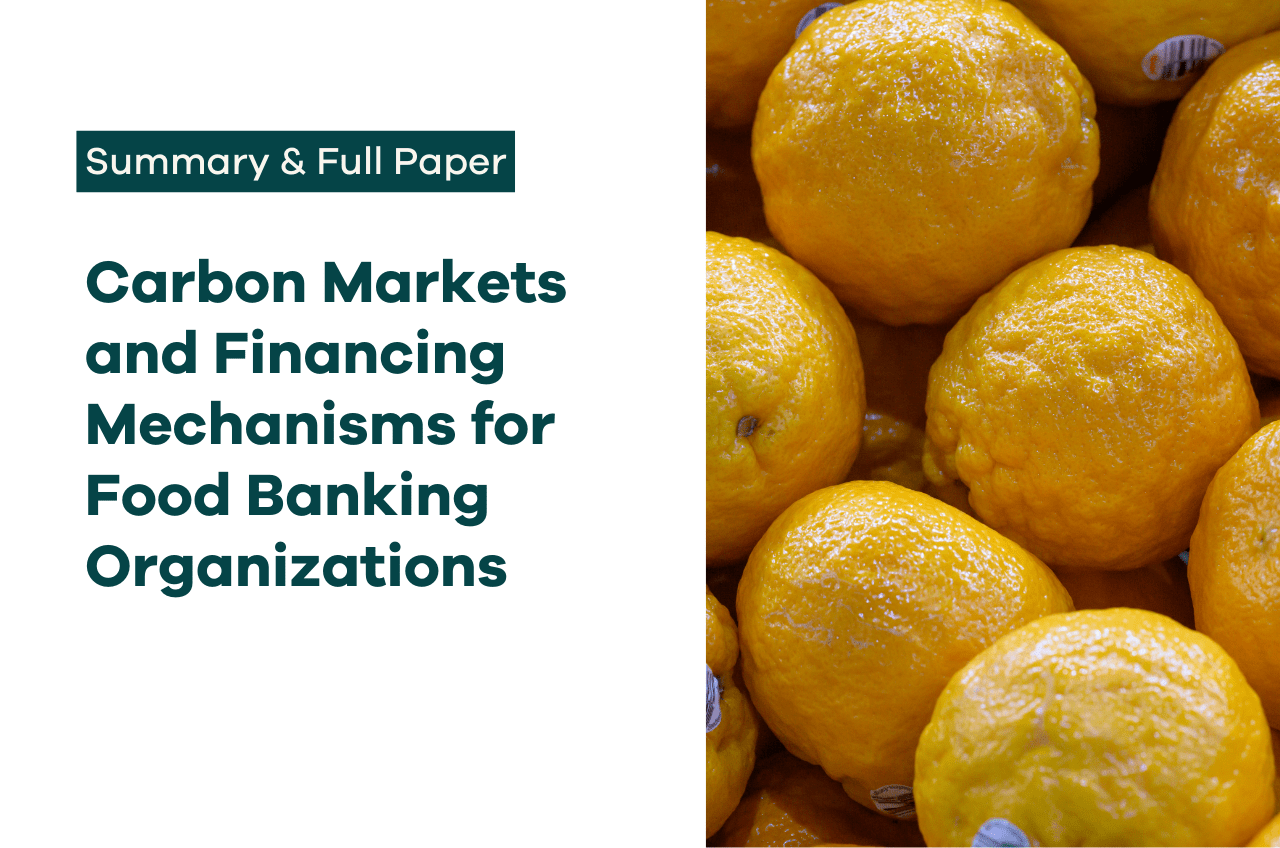Chính sách Giảm Phát thải Mê-tan và Nuôi sống Nhiều Người Hơn
Sau khi đo lường mức giảm phát thải khí mê-tan của các ngân hàng thực phẩm, các báo cáo mới nêu chi tiết cách Ecuador và Mexico có thể tận dụng chúng để giảm phát thải và mất an ninh lương thực



